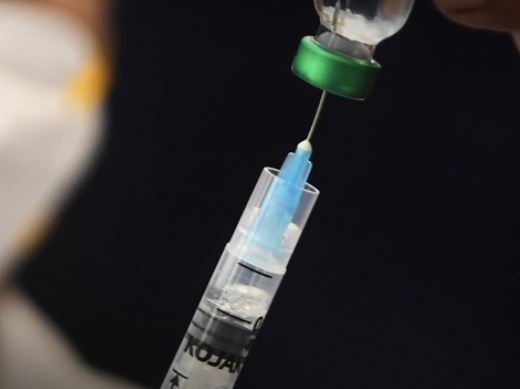Health
Here’s how to encourage people to get vaccinated

New Delhi, Aug 28
In the age of misinformation or ignorance regarding vaccines, a new study on Wednesday stated that warning people of the harms of not getting vaccinated may boost their chances of getting the jab.
The study, published in the Journal of Public Health, showed that stressing the negative effects of not getting vaccinated is a more powerful message than stressing the advantages of vaccination for specific individuals or the advantages for general health.
“This study explored the effect of information frames on vaccination in the late stage of vaccine launch when the vaccine is perceived to be effective. The findings of the study can provide valuable insights for improving the ability of governments to respond to pandemics,” said lead author, Ke Feng of Shenzhen Institute for Advanced Study, China.
In the study, the team created a scenario experiment with three experimental groups and one control group to evaluate the efficacy of different messaging tactics to encourage Covid-19 vaccination.
The first group was given information by researchers on the individual advantages of vaccination, such as the fact that it can reduce the risk of catching Covid and experiencing severe symptoms following infection.
Vaccination can promote the formation of community herd immunity, thereby reducing the likelihood of community members getting infected with Covid and developing severe symptoms after infection was one of the messages sent to the second group, emphasising the advantages of vaccination for others.
The third group of participants was informed by the investigators about the possible consequences of not receiving the vaccination: You will be more susceptible to Covid-19 and more likely to develop severe symptoms after infection if you are not vaccinated because you will not develop antibodies to Covid.
The study discovered that although all vaccination target groups were more likely to receive a vaccination than the control group, patients who received the “potential harm” message had the greatest vaccination probability -- 72.6 per cent.
About 65.5 per cent of those who received the "personal benefits" message were inclined to get vaccinated.
Just 62 per cent of recipients of the "benefits other people" messaging group were inclined to be vaccinated. It proved more successful to emphasise the individual risk of not getting vaccinated rather than the possible benefits of vaccination for oneself or the community.



































